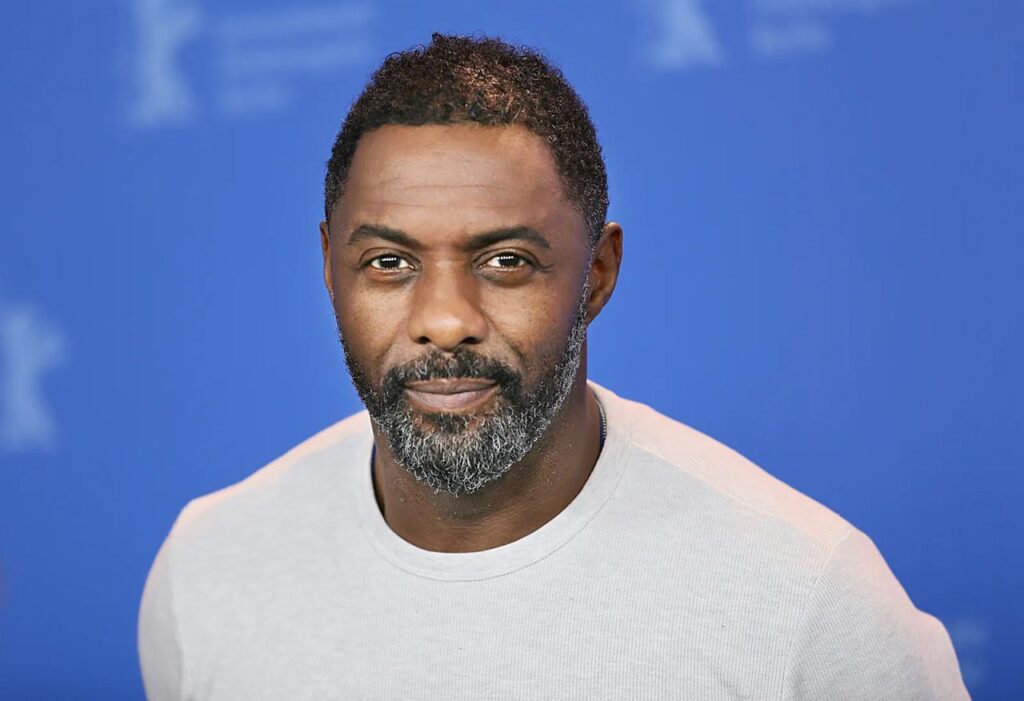Renowned British actor Idris Elba has expressed his intention to relocate to the continent within the next decade.
This move is not merely a personal endeavour; it reflects Elba’s desire to play an instrumental role in nurturing and elevating Africa’s film industry.
At52 years old, Elba has carved out a notable career in Hollywood, with standout performances in critically acclaimed projects such as the portrayal of South African anti-apartheid leader Nelson Mandela in the 2013 biopic “Long Walk to Freedom”, along with roles in “Beasts of No Nation, “Pacific Rim”, and “Thor”.
However, it is his newfound commitment to Africa’s cinematic landscape that is drawing significant attention.
During a recent film industry gathering held in Accra, Ghana, Elba articulated the urgent need for Africans to control their narratives and to share authentic stories with global audiences.
Speaking to reporters, he firmly stated, “I would certainly consider settling down here; not even consider, it’s going to happen.”
This declaration was met with enthusiasm, highlighting a commitment not solely to his craft, but also to his cultural roots. “I think [I’ll move] in the next five, 10 years, God willing,” he elaborated. “I’m here to bolster the film industry that is a 10-year process, I won’t be able to do that from overseas. I need to be in-country, on the continent.”
This proactive stance emphasizes Elba’s intention to immerse himself in the culture and environment of Africa, which he believes is essential for meaningful contributions to local filmmaking.
Elba’s plans are also taking shape through tangible projects focused on establishing film studios in various African locations, including “Zanzibar, Tanzania”, and “Accra, Ghana”.
This vision is aimed at enhancing local production capabilities and empowering filmmakers within the region.
Notably, he mentioned, “I’m going to live in Accra, I’m going to live in Freetown, Sierra Leone’s capital; I’m going to live in Zanzibar. I’m going to try and go where they’re telling stories that’s important.”This commitment ties back to Elba’s heritage; he was born in London to a Ghanaian mother and a Sierra Leonean father, reflecting a unique blend of African cultures.
His connection to the continent resonates with his suggested approach towards storytelling, where authenticity and representation are pivotal.
By investing his time and resources in the African film industry, Elba seeks to revitalize a sector that is rich in potential yet often overshadowed by limiting representations in global media.
Elba presented a compelling case for the power of cinema in shaping perceptions and driving change. “The film industry serves as a ‘soft power’ that can reshape global perceptions of the continent,” he asserted.
He expressed concern over the portrayal of Africa in global narratives, lamenting that films often focus on themes of trauma and suffering.
He stated, “If you watch any film or anything that has got to do with Africa, all you’re going to see is trauma—how we were slaves, how we were colonized, how it’s just war. When you come to Africa, you will realize that it’s not true.”
This call to action showcased his deep understanding of the importance of owning and broadcasting the continent’s diverse stories.
“It’s really important that we own those stories of our tradition, of our culture, of our languages, of the differences between one language and another. The world doesn’t know that,” he emphasized, signifying a larger quest for representation that resonates beyond entertainment.
Beyond his aspirations for the industry, Elba shared a personal dream of transforming his vision into reality by shooting films in a studio he plans to establish in Accra.
He believes that such initiatives will not only elevate African stories but also encourage individuals to see themselves reflected in cinematic narratives.
“We have to invest in our storytelling because when you see me, you see a little version of yourself, and that encourages us,” Elba remarked, pointing out the impact of representation in stimulating pride and aspiration among aspiring filmmakers and actors in Africa.
In addition to his plans for bolstering the film industry, it was recently announced that Elba is set to portray “Okonkwo”, the protagonist in Chinua Achebe’s acclaimed novel “Things Fall Apart”, in an upcoming television series adaptation.
This role, which connects him further to African literary heritage, illustrates Elba’s commitment to embodying culturally significant stories on screen.
As Idris Elba readies himself for this transformative decade ahead, his vision not only aims to uplift African cinema but also to challenge the world’s perceptions of Africa.
Through his endeavours, he hopes to create a legacy that inspires future generations of storytellers and fosters a thriving.
Reported by: Ifedamola Fayomi



